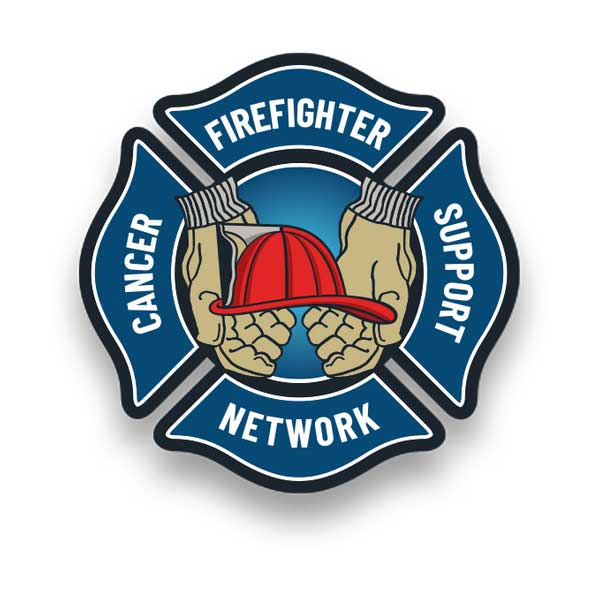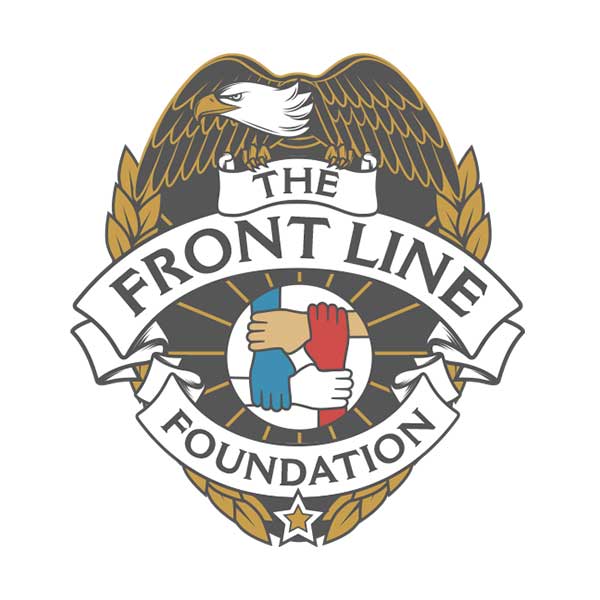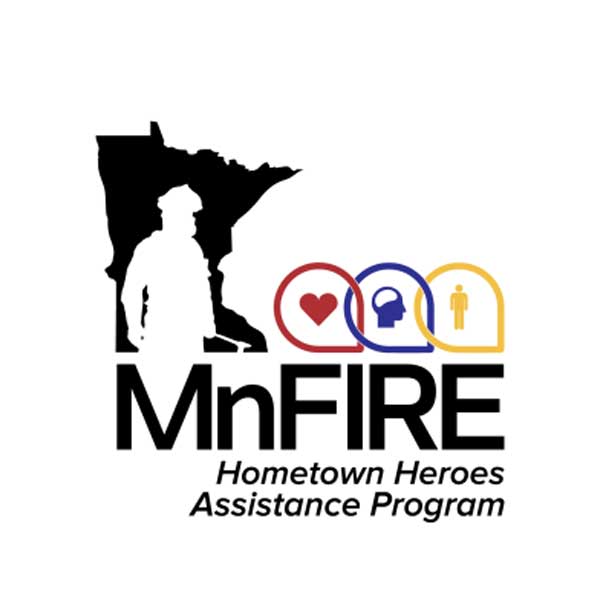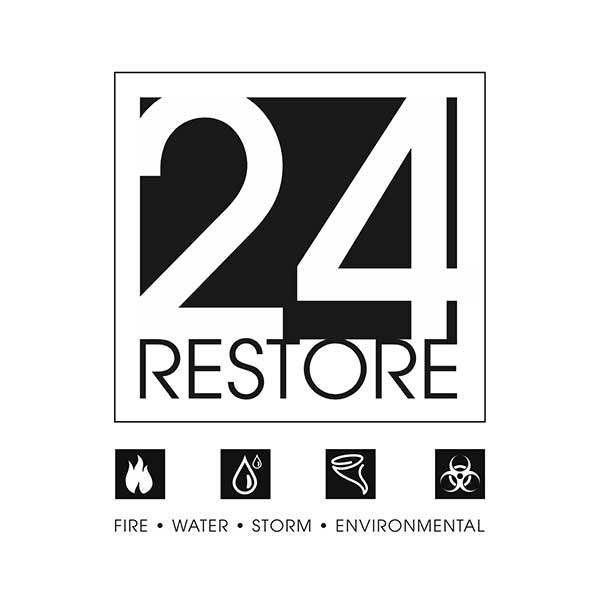Minneapolis Fire Foundation
The Minneapolis Fire Foundation, founded in 2023, is committed to being a resource to supplement the needs of the Minneapolis Fire Department. We are dedicated to promoting the well-being and safety of our firefighters and the citizens we serve through the support of services, educational programs, and community initiatives.
Get Involved
At Minneapolis Fire Foundation, we believe in the power of community support to make a real difference in the lives of firefighters and those they serve. Whether you’re an individual, a business, or an organization, there are many ways you can get involved and support our mission.
Events
4/25/25 @ 7:10 pm Firefighter Appreciation Night at Target Field

LEARN THE REALITY & THE UNKNOWN
Health Concerns
CANCER
Firefighters are at an increased risk of developing certain types of cancer due to exposure to carcinogens found in smoke and other firefighting byproducts. These carcinogens can enter the body through inhalation, skin absorption, or ingestion during firefighting operations. Common types of cancer associated with firefighting include lung cancer, mesothelioma, bladder cancer, and leukemia. Fire departments have implemented measures such as improved Personal Protection Equipment, (PPE) thorough decontamination procedures, and regular medical screenings to reduce firefighters’ exposure to carcinogens and minimize the risk of cancer.
CARDIAC HEALTH
Firefighting is physically demanding work that often involves strenuous activities such as carrying heavy equipment, climbing ladders, and battling fires in high-stress environments. The combination of physical exertion, exposure to extreme heat, and emotional stress can put a significant strain on the cardiovascular system, increasing the risk of heart attacks, hypertension, coronary artery disease, and other cardiovascular conditions. Research has shown that firefighters have a higher incidence of cardiovascular events compared to the general population.
Emotional wellness
Firefighting is a demanding and emotionally taxing profession that exposes firefighters to traumatic incidents on a regular basis. Witnessing death, injury, and destruction can take a toll on firefighters’ mental health and well-being, leading to conditions such as post-traumatic stress disorder (PTSD), depression, anxiety, and substance abuse. It’s essential for fire departments to prioritize mental health support and provide resources such as counseling, peer support programs, and stress management techniques to help firefighters cope with the psychological challenges of their work.
the invisible dangers
Firefighters Face
A Fox 9 investigation finds some Minnesota firefighters are not being educated or trained on how to prevent cancer risks while on the job, even though a large percentage of firefighters want more help in cutting the risks of getting the disease. Cancer has become the leading cause of line-of-duty deaths for firefighters. 75% of firefighters (348 individuals) who were added to the National Fallen Firefighter Memorial died of cancer in 2022.
what we need
Our Goals

SAUNAS FOR ALL STATIONS & TRAINING
Saunas hold significant importance for firefighters as a means of mitigating the detrimental effects of exposure to heat, smoke, and toxins during firefighting operations. Regular sauna use has been shown to aid in the detoxification process by promoting sweating, which helps eliminate toxins accumulated in the body.
- GOAL: Saunas for all stations: GOAL 10%

EXTRICATION EQUIPMENT
Extrication equipment stands as an indispensable lifeline for firefighters, serving as a vital arsenal in rescue operations where every second counts. Its significance lies in its ability to swiftly and safely extricate individuals trapped in vehicles or collapsed structures, often in perilous circumstances.

Decontamination buckets & wet wipes
Decontamination buckets are indispensable tools for firefighters, serving as frontline defenses against the hazardous substances encountered during firefighting operations. These portable containers, equipped with brushes, detergents, and water, facilitate the immediate removal of contaminants from personal protective equipment (PPE) and firefighting gear after exposure to smoke, chemicals, and other harmful agents.
- Decontamination Buckets: GOAL 100%

Resilency training
Resilience training holds paramount importance for firefighters, equipping them with the psychological fortitude and coping mechanisms necessary to navigate the challenging and often traumatic nature of their profession. Firefighters routinely encounter high-stress situations, including life-threatening emergencies, scenes of devastation, and exposure to human suffering, which can take a toll on their mental well-being.
Partnered Organizations
Whether through volunteerism, donations, or simply spreading awareness, your support contributes to a stronger, more resilient community for all. Let’s stand together in solidarity with our partners in public safety, united in our commitment to protecting and serving those in need.
What Drives Us
Our Mission
Featured Stories

Steve














